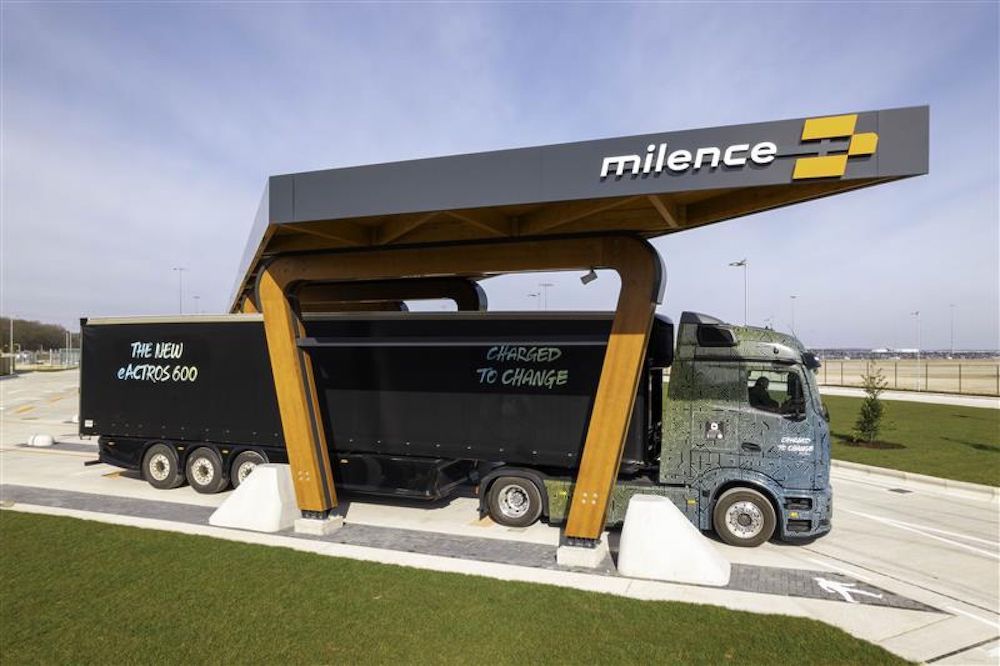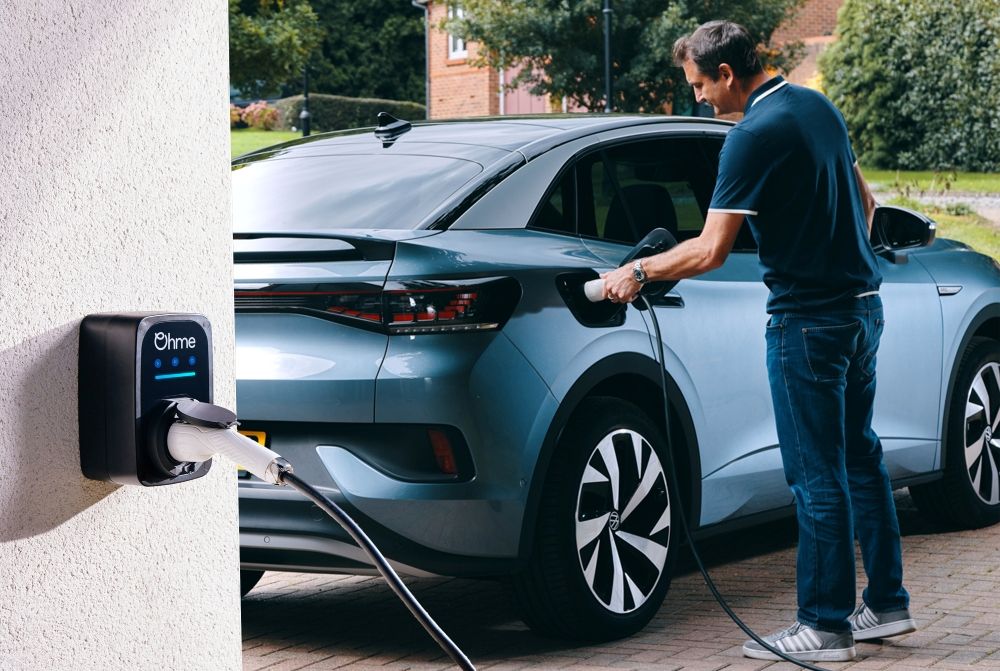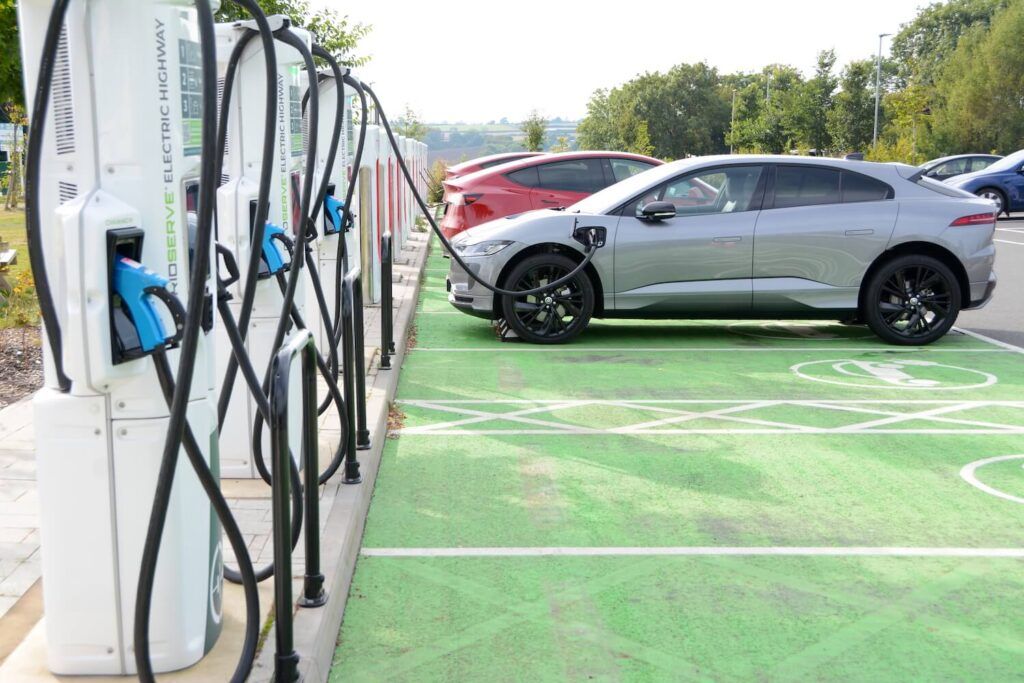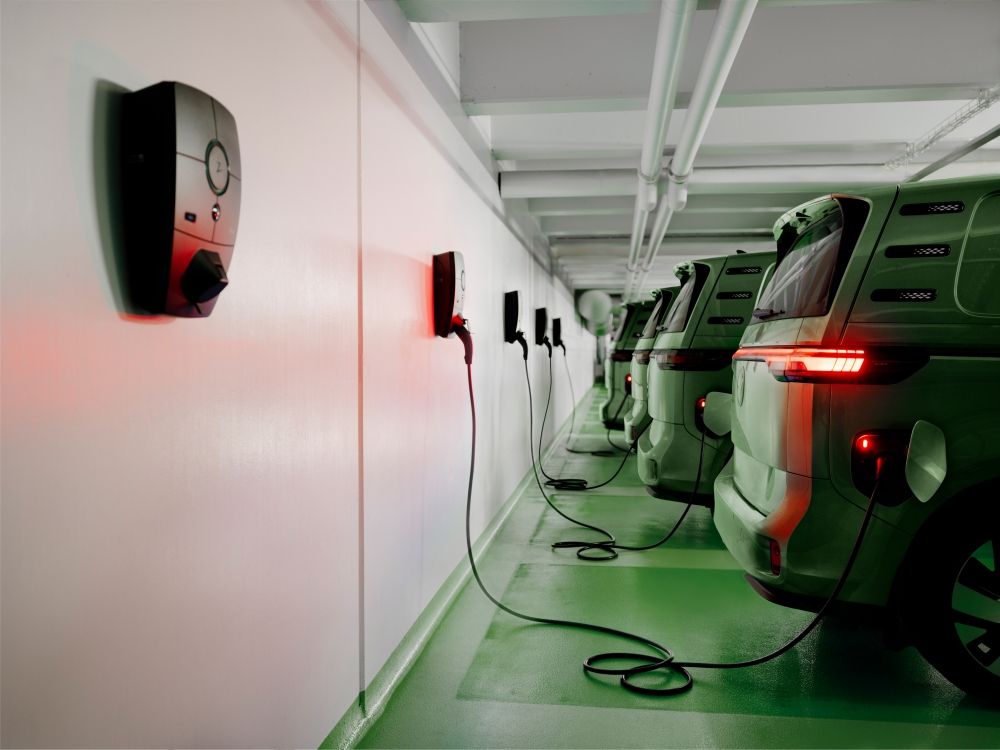Head of Future Sustainability at Daimler Truck UK, James Venables, has called for more investment in the UK public charging infrastructure to support operators on switching to electric transportation.
The call follows the announcement that the government is providing £30 million in funding for its Depot Charging Scheme (DCS). This investment is expected to support the installation of more than 3,000 van and 200 HGV chargepoints.
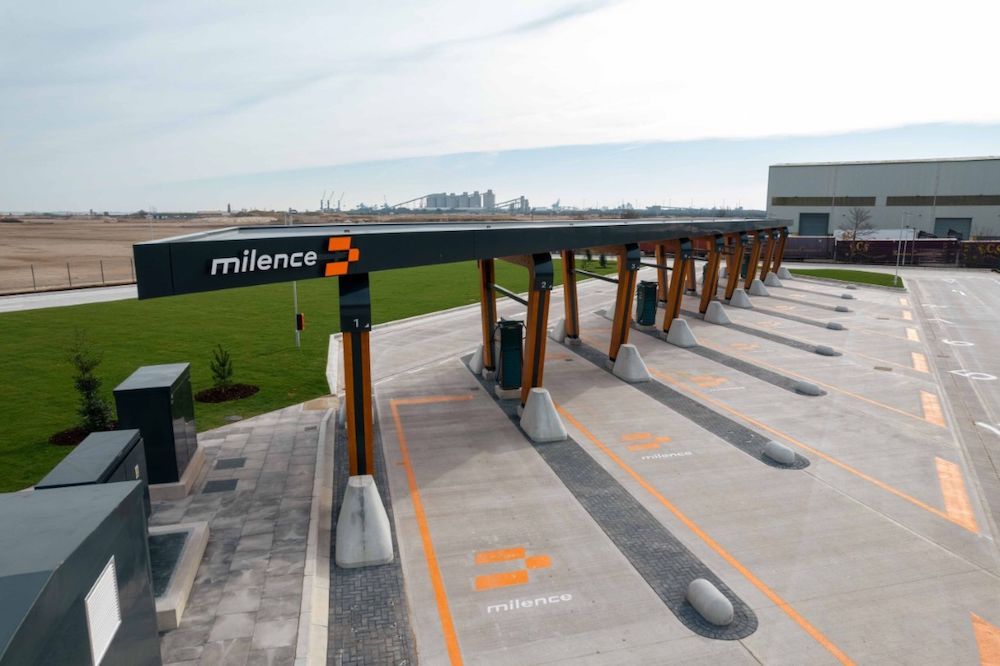
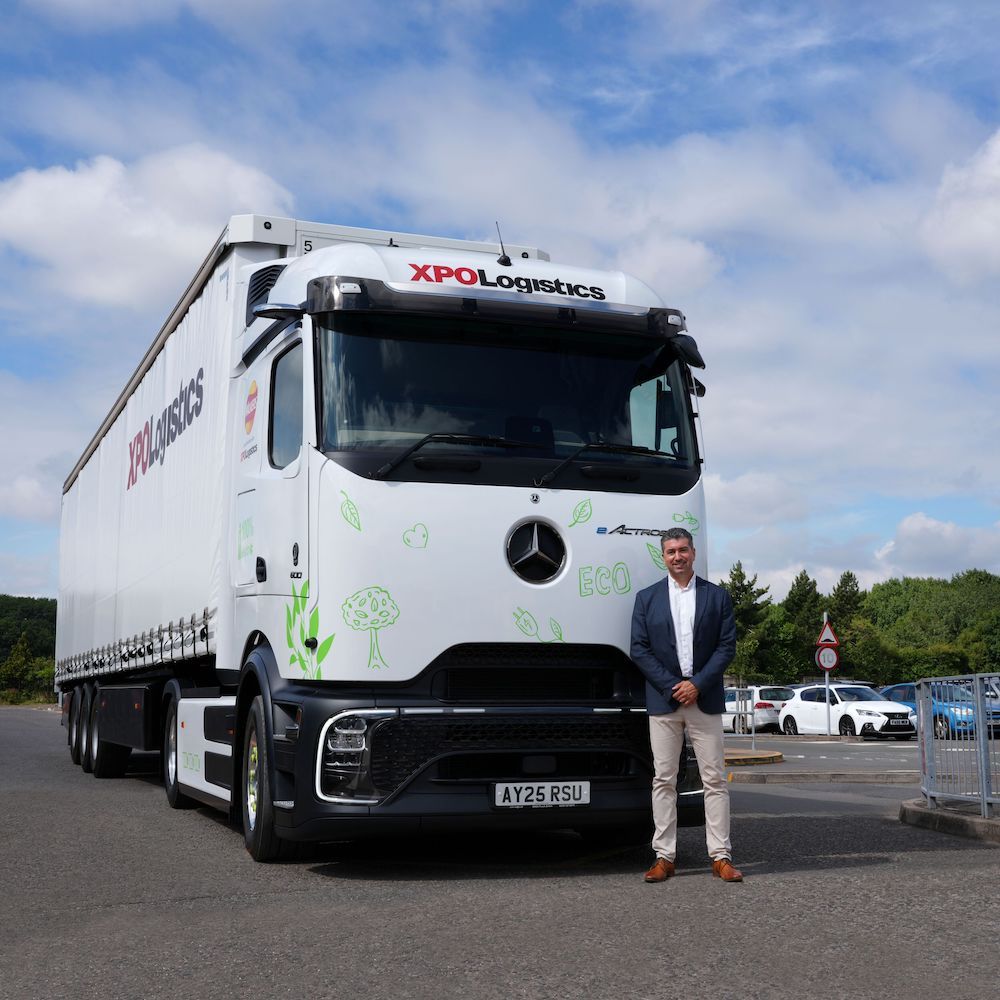

Although Venables said this was a “great start” there was “more to do” to boost take-up.
He said fresh investment “needs to be well spent” on HGV charging infrastructure, but points “must offer high enough power” and be sited “in the right places”.
Venables said that in an “ideal world” operators could combine charging at depots, delivery sites and strategic points along the road network.
In addition, he said the private sector is currently taking the lead on HGV public charging infrastructure, but this will not be enough, so Daimler Truck UK believes governments have a vital role to play.
Daimler Truck and Milence’s joint venture with Volvo Group and the Traton Group aims to build public charging across Europe, with Immingham, the first UK location already open.
Venables said:
“High powered and megawatt charging systems are incredibly effective for electric HGVs and allow battery top-ups to be perfectly integrated with mandatory driver breaks, which really does make perfect sense.
“Many of our customers plan to have depot charging facilities installed, but better public infrastructure – the right charging points, in the right places – will help us continue to build confidence and is a key enabler for the switch to sustainable transportation,” Venables added.
“In addition to the technical and power needs, public charging should be cost competitive. It also needs to work intelligently – for example, allowing drivers to pre-book and view availability of the network in advance of their journey.”
“The more we can do to support early adopters of electric trucks, the more vehicles will be seen out and about on our roads, covering the distances, and hauling the loads that are typical in UK logistics – and that will give other operators the confidence that electric trucks can work successfully in the real world.”
Images courtesy of Daimler Truck UK



